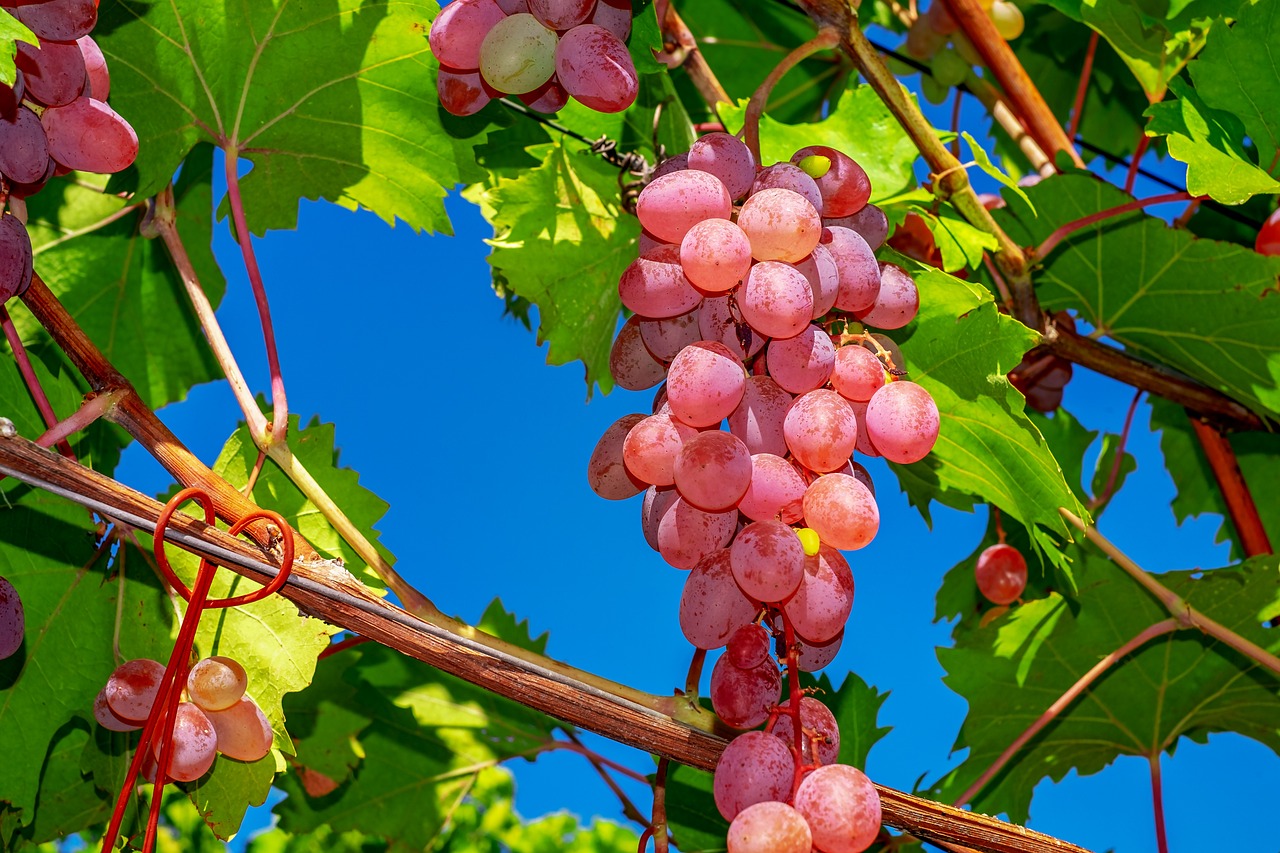Sustainable Food Tourism Initiatives: Promoting Culinary Heritage and Environmental Conservation
Sustainable food tourism initiatives must prioritize partnerships with local farmers and food producers to ensure the authenticity and traceability of food offerings. By sourcing ingredients locally, businesses can support the local economy and reduce their carbon footprint by minimizing transportation distances. Incorporating seasonal and regional food into culinary experiences not only enhances the visitor’s connection to the destination but also promotes sustainable practices in the tourism industry.
Engaging in community-based tourism activities and workshops can provide travelers with a deeper understanding of the destination’s culinary heritage and traditional practices. By offering hands-on experiences such as cooking classes and farm tours, visitors can gain insight into the cultural significance of food and contribute to the preservation of culinary traditions. Empowering local communities through these initiatives fosters a sense of pride and ownership over their food heritage, encouraging sustainable development in the long run.
The Importance of Culinary Heritage Preservation in Tourism
Culinary heritage preservation plays a vital role in enhancing the authenticity and uniqueness of a destination’s tourism offerings. Through showcasing traditional recipes, cooking techniques, and food customs, tourists are provided with a deeper understanding of the local culture and history. This, in turn, fosters a sense of appreciation and respect for the community’s culinary traditions, promoting cultural exchange and mutual understanding among visitors.
Moreover, culinary heritage preservation in tourism can contribute to the economic development of a destination by supporting local food producers, artisans, and restaurants. By highlighting indigenous ingredients and dishes, food tourism initiatives create opportunities for small businesses to thrive and for rural communities to showcase their gastronomic identities. This not only boosts the local economy but also aids in the revitalization of traditional food practices that might otherwise be at risk of disappearing.
Preserving culinary heritage enhances the authenticity and uniqueness of a destination’s tourism offerings
Showcasing traditional recipes, cooking techniques, and food customs provides tourists with a deeper understanding of local culture and history
Fosters appreciation and respect for the community’s culinary traditions, promoting cultural exchange among visitors
Culinary heritage preservation supports local food producers, artisans, and restaurants in economic development
Highlighting indigenous ingredients creates opportunities for small businesses to thrive and rural communities to showcase their gastronomic identities
Exploring the Connection Between Food Tourism and Environmental Conservation
The rise of food tourism has brought about a new focus on the intersection between culinary experiences and environmental conservation. As travelers seek out authentic food experiences, there is a growing awareness of the importance of preserving local ecosystems and traditional farming practices. By supporting sustainable food tourism initiatives, tourists can contribute to the protection of natural resources and the promotion of biodiversity.
Local communities that participate in food tourism activities are often motivated to safeguard their environment for future generations. Through initiatives such as farm-to-table tours and culinary workshops, tourists gain a deeper appreciation for the connection between food production and the health of the planet. By engaging in sustainable food practices and supporting local farmers, food tourism can play a significant role in advocating for environmentally responsible behaviors.
What are some key considerations for sustainable food tourism initiatives?
Some key considerations include supporting local producers, promoting traditional culinary practices, minimizing food waste, and using eco-friendly packaging and practices.
Why is preserving culinary heritage important in tourism?
Preserving culinary heritage helps to showcase a destination’s unique food culture, attract tourists interested in authentic experiences, support local communities, and contribute to sustainable tourism development.
How is food tourism connected to environmental conservation?
Food tourism can support environmental conservation by promoting sustainable agricultural practices, reducing food miles, supporting biodiversity, and raising awareness about the importance of preserving natural resources.







